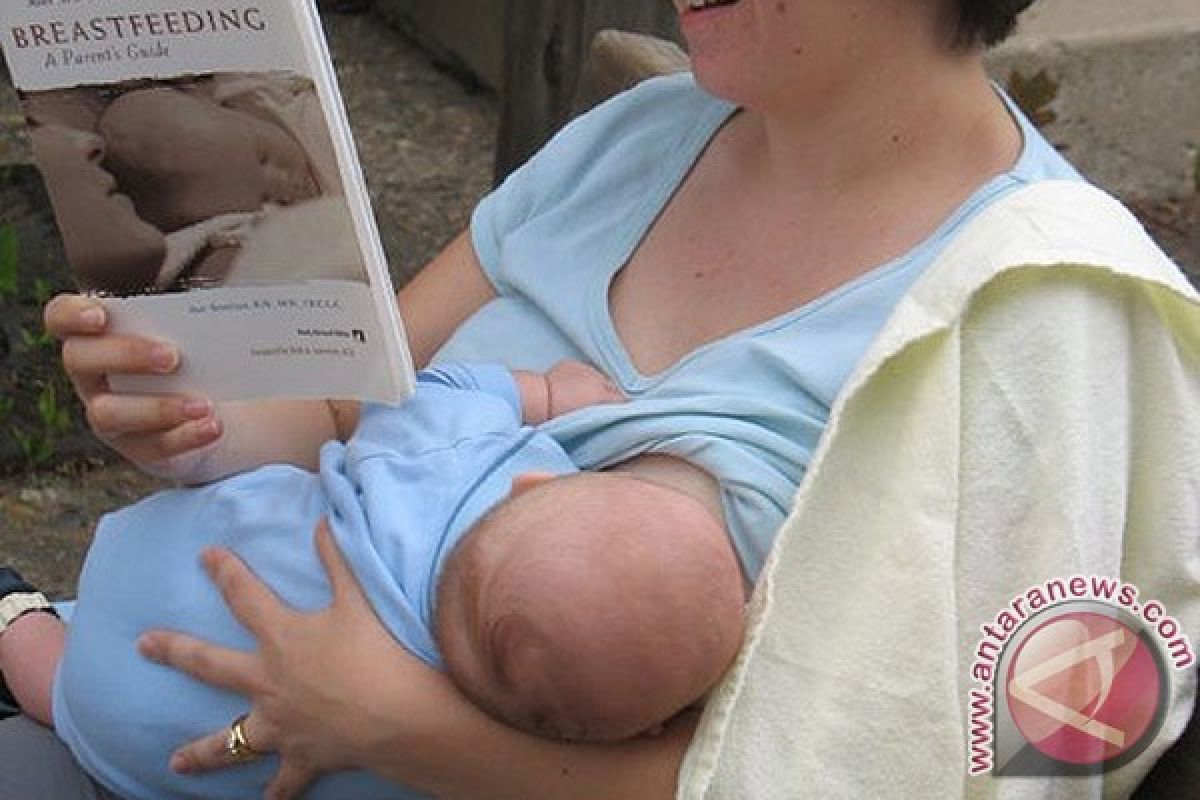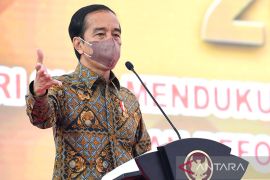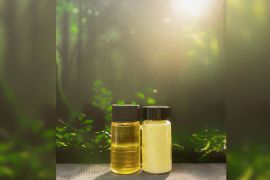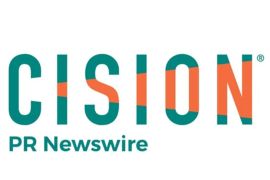The findings, published in the American Journal of Epidemiology, add to evidence that breastfeeding might have benefits for mothers as well as babies, although it does not prove that breastfeeding is the direct cause of the healthier blood pressure, researchers said.
Breastfeeding is thought to help protect babies against common ills, such as diarrhea and middle-ear infections, and previous studies have found that women who breastfeed have lower risks of diabetes, high cholesterol and heart disease later in life.
"Women who never breastfed were more likely to develop hypertension than women who exclusively breastfed their first child for six months or more," wrote lead researcher Alison Stuebe at the University of North Carolina, Chapel Hill.
In general, experts recommend that babies be breastfed exclusively for their first six months, then continue getting breast milk along with solid food until they are a year old.
For the study, Stuebe and her team looked at the correlation between breastfeeding and later risk of high blood pressure among some 56,000 U.S. women taking part in the long-running Nurses` Health Study II. All had had at least one baby.
Overall, the study found women who had breastfed for at least six months were less likely to develop high blood pressure over 14 years than those who had only bottle-fed.
Nearly 8,900 women overall were eventually diagnosed with high blood pressure. But those odds were 22 percent higher for women who did not breastfeed their first child, versus women who`d exclusively breastfed for six months.
Similarly, women who had either never breastfed or done so for three months or less were almost one-quarter more likely to develop high blood pressure than women who`d breastfed for at least a year.
That was with factors such as diet, exercise and smoking habits taken into account.
Stuebe said that none of the findings proves that breastfeeding itself gives long-term protection against high blood pressure, and that it`s possible some other factor both hindered women from breastfeeding as well as contributed to their high blood pressure -- such as a stressful work environment, for example.
But it`s also plausible that breastfeeding has direct benefits, she added. Animal research has found that the hormone oxytocin, which is involved in breastfeeding, has lasting effects on blood pressure.
It`s also known that women tend to have a short-term blood pressure decrease immediately after breastfeeding.
If breastfeeding is in fact protective, Stuebe`s team estimates that 12 percent of high blood pressure cases among women with children could be linked to "suboptimal" breastfeeding.
"If this is a causal relationship, then taking away barriers to breastfeeding could make a difference in women`s health later on," she said.
SOURCE: http://bit.ly/s7LTI3
(Reporting from New York by Amy Norton at Reuters Health; Editing by Elaine Lies and Sanjeev Miglani)
(U.G003/B002)
Editor: Priyambodo RH
Copyright © ANTARA 2011











